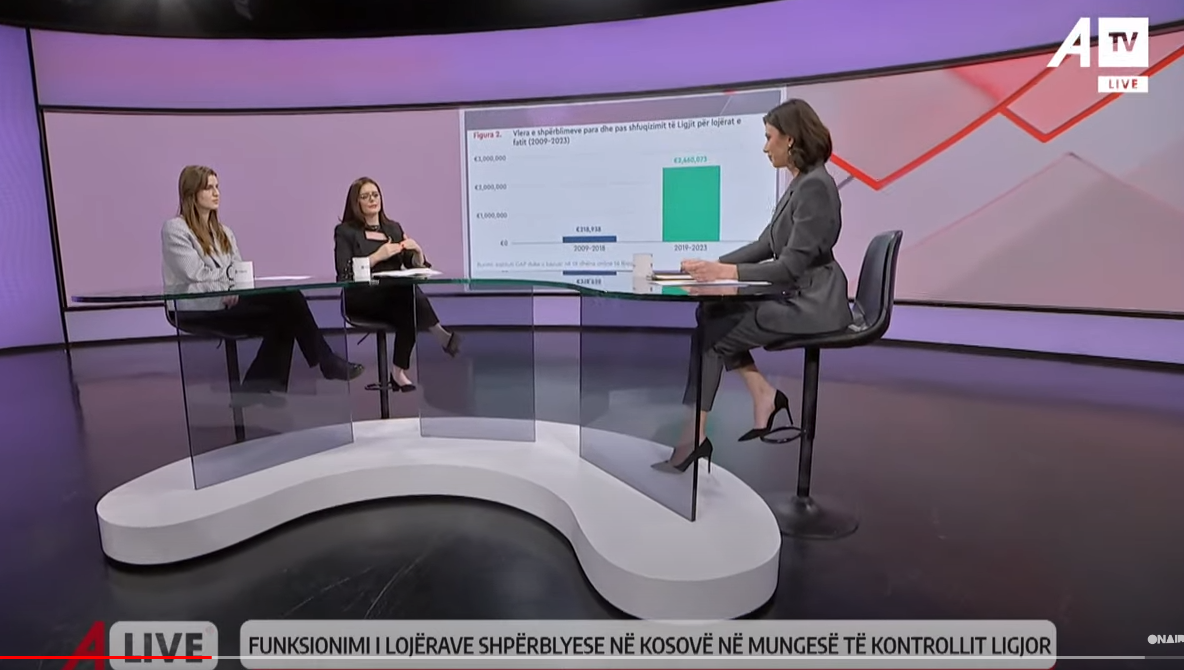Failure to comply the Law on Access to Public Documents, procedures for the approval of the new law started
02/06/2017
At the first meeting after the no-confidence motion in the Assembly, the outgoing Government, in its meeting on May 15, 2017, approved the Concept Document for Access to Public Documents. Thus, the procedures for the adoption of the new law were officially started following the two previous laws: the Law on Access to Official Documents, which was in force from 2003 to 2010, and the Law on Access to Public Documents, which was approved in 2010 and is still in force.
Despite the fact that the Law on Access to Public Documents advanced the legal basis regarding access to information, shortening the response time of the institutions from 15 working days to seven calendar days, appointed the responsible persons / units and foresees punishing the officials, the law in great measure remained unenforceable. Failure to comply with the law is more due to the negligence of the institutions than to the substantive problems with the law. The lawsuit of the GAP Institute against the Ministry of Economic Development took more than four years to be addressed by the Pristina Basic Court. The claim of the Balkan Investigative Reporting Network (BIRN) to the Office of the Prime Minister, despite being approved by the court, was never respected by the Office of the Prime Minister.
Now, the Office of the Prime Minister, which does not respect court decisions and the Law on Access to Public Documents, has started the procedures for its amendment. Despite the fact that the Law on Access to Public Documents has room for improvement, the new law will not be able to ease access to official documents in cases where court judgments do not apply.
In drafting the Concept Document for Access to Public Documents, the Office of the Prime Minister also consulted two Slovenian experts of Slovenian Information Commission, who have suggested changes to the current law, the two main ones:
-Information officers to have decision-making authority on requests for access to public documents;
- The new law should set up a supervisory body, empowering the Ombudsman or appointing a new institution;
The concept paper envisions several objectives, such as:
- Determination of the second and third degree for realization of the right of access to public documents;- Proactively publishing information on official websites;
- Promoting open governance, holding open meetings and publishing documents that are being drafted;
- Making accessible public documents for use by businesses;
- Making public information on a single website;
- More detailed explanations for cases of rejection of claims;
- Accurate and up-to-date information.
As can be seen from these objectives, the new law or amendment of the current law is not expected to tighten institutions to increase accountability to the public and to respond to requests for access to official documents. All of these objectives are non-restrictive targets and again leave room for officials and institutions not to respond to requests for access to documents.















